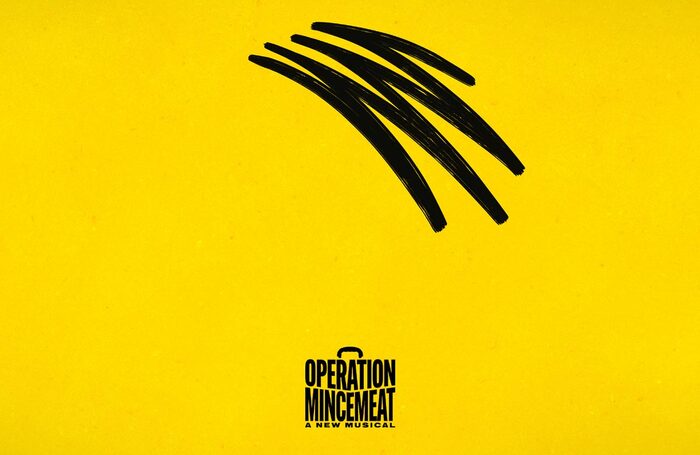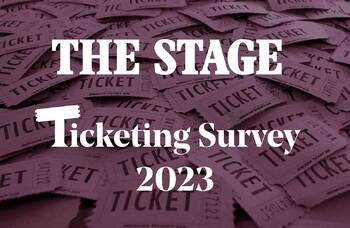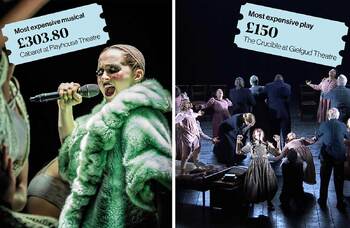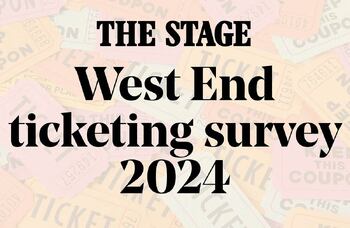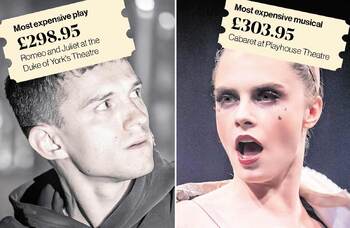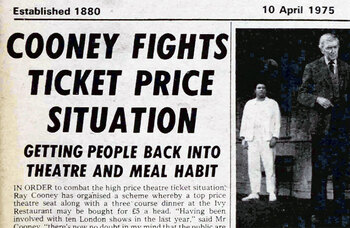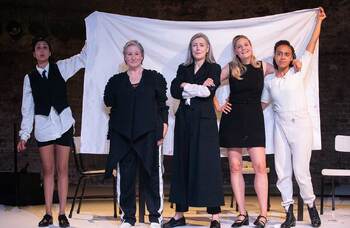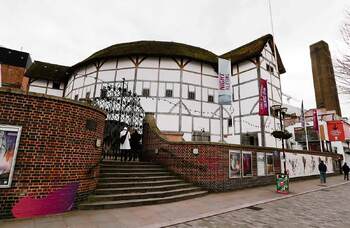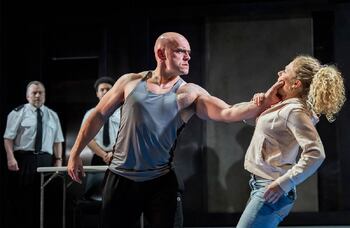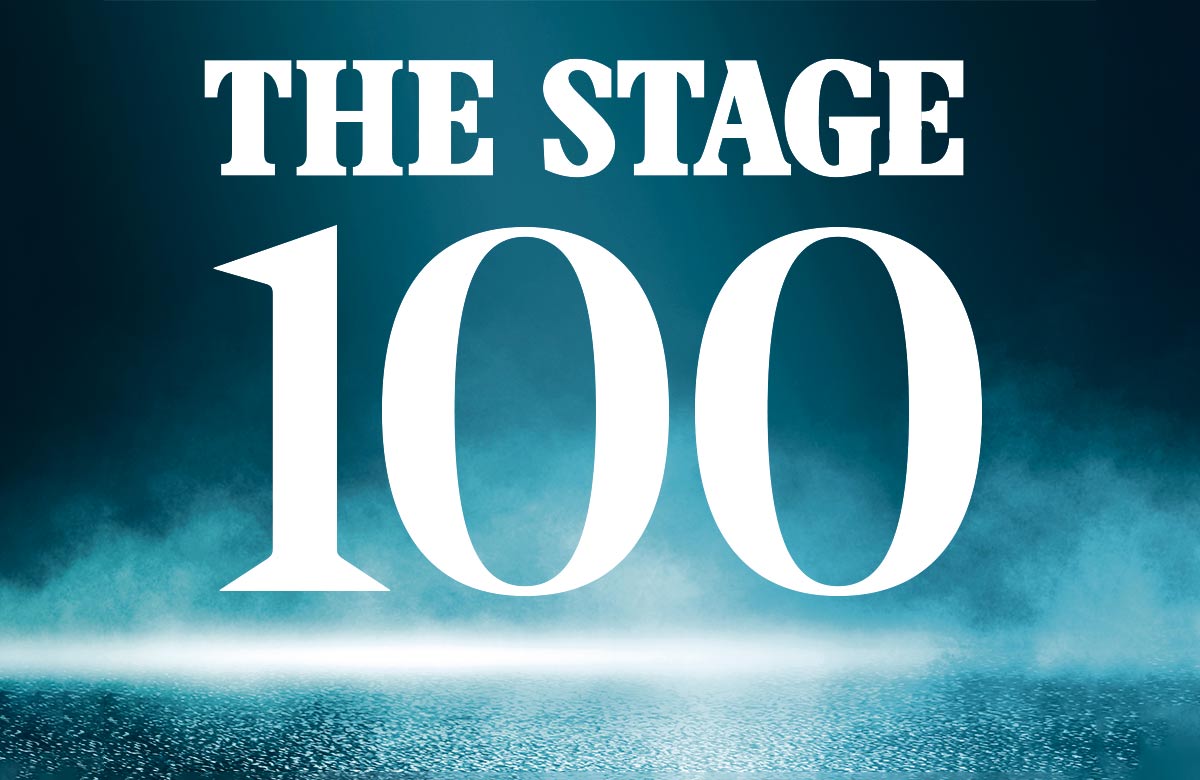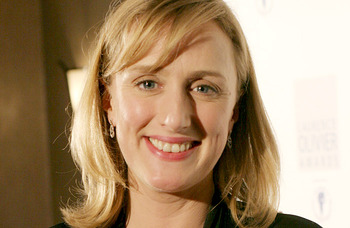Operation Mincemeat producer Jon Thoday: ‘We’re trying to keep the show as accessible as we can’
The West End hit has attracted both praise and criticism for its ticketing strategy, in which every seat in the house is priced the same, with tickets on some days of the week a flat rate of £90. The show’s producer Jon Thoday talks to Andrzej Lukowski about the reasons behind the unusual move and responds to claims it makes the show inaccessible
Operation Mincemeat is one of the great British theatre success stories of recent years; a spirited, funny, surprisingly moving fringe musical about an eccentric Second World War operation that is now a bona fide West End smash and winner of this year’s best new musical Olivier.
However, there have been increasing murmurings of dissent regarding its highly unusual pricing structure, wherein every seat in the house costs the same. This has been the case for some time, but producers have recently changed the price on several days of the week for the show’s next booking period, beginning in November.
Mondays are relatively cheap: all seats are £39.50. But for five shows a week, all seats now cost £89.50 – comfortably the most expensive bottom price for any West End show. In addition, audiences are now required to enter a ballot to get priority access to tickets for five out of the week’s eight shows when a new booking period opens.
Online criticism of the pricing has been growing. Here, Jon Thoday, producer and founder of production company Avalon, talks about the thinking behind the decisions.
Continues...
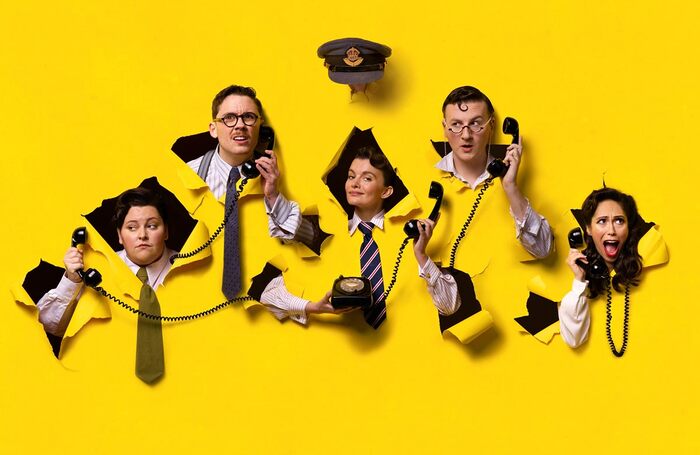
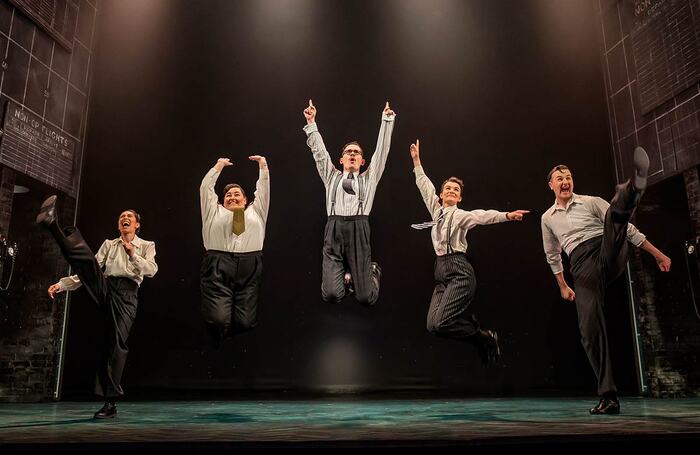
What is the logic behind having an £89.50 flat ticket price?
We’ve been backing the show since we saw it at the New Diorama and the journey from there to here is one that very few shows manage to make. When we were trying to get the show into the West End we were only offered one theatre and that theatre was the Fortune. And we love the Fortune. But the problem with the Fortune is it only has 427 seats in total and 12 standing tickets. And although there are five people on stage, there are 33 people in the company making those five people operate. So basically, we didn’t have a choice as to which theatre to go to.
So, you have expensive tickets because in an ideal world you would have gone into a larger theatre?
Yes. If we could have gone to a small theatre, but bigger than the Fortune, that would have been our first choice, and it would also have been easier economically.
The average price is £74.50, which isn’t high for the West End, but why are the less good seats the same price as the good seats? You could have the same average but price them in bands like other shows.
The logic is that we are not fans of shows where it’s like ‘tickets from £15’ or ‘tickets from £10’ but when it actually comes down to it there’s about four tickets [at that price], even in a 1,000 seater.
Regardless, if you had the nice stalls seats at £120 and the upper circle at £50 it would feel more accessible, wouldn’t it?
We are not fans of not being able to make a decent number of really good seats available to people who can’t afford it. And our way of doing it – which is different – is to do that on Mondays and Tuesdays. And the downside of that is, we have to somehow make that up elsewhere in the week. It’s not ideal, but that is our way around it.
‘Our top price is £89.50 and most musicals have top prices of north of £100’
Looking at sales tonight [Friday, June 14], the show is sold out on the first two levels and there’s lots of availability on the upper circle – wouldn’t you make more money if those seats were cheaper?
Well, firstly, we’ve been playing at 95% [capacity] since the beginning. We don’t change the prices according to where we are in the cycle of the year. It’s pretty hard to sell the last few seats, not least because some of them are standing. And also we actually like people to be able to buy seats on the day, so that’s a separate thing. Our top price is £89.50 and most musicals have top prices of north of £100. We would love to have another 150 seats and do what you’re talking about. But we don’t. And we prefer the fact people can actually pay £39.50 on Mondays and get a seat in the stalls. So we’ve deliberately taken a position in a theatre that, to be frank, hasn’t got quite enough seats for us.
I think what’s causing bad feeling about it is that while it is laudable that there are no £125 seats, somebody on a low budget could only see it on a Saturday if they won the £25 lottery, drawn every two weeks, which means less well off people can’t plan to see it…
You sound a bit annoyed about it, but basically what I’m finding is that people like the things that we’re doing that are positive, right? Like holding a lottery at £25. Like keeping Mondays at £39.50. I have people calling me going: ‘Why don’t you put your Mondays up?’ I have deliberately wanted to keep that to keep it accessible.
Continues...
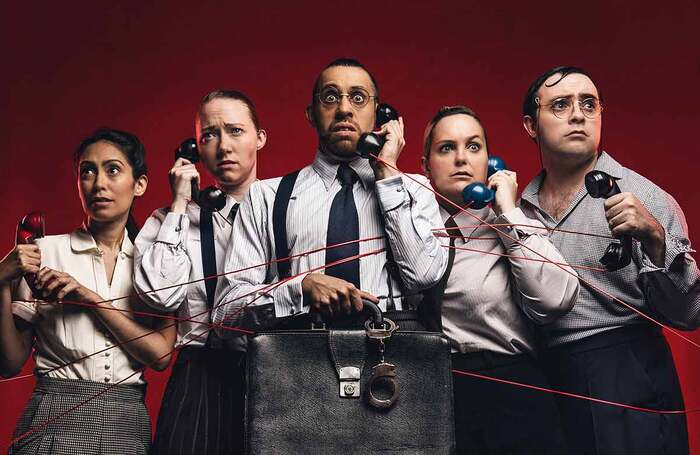
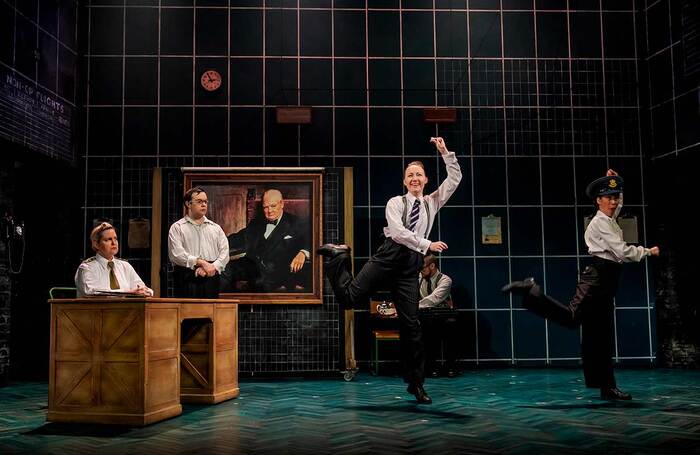
I’m more interested than annoyed. But in 15 years, I have never seen a West End price structure like this one.
You’re right. There are ups and downs.
Say you get a £15 seat to Les Misérables, you’re probably sat behind a pillar or something, but there is a reliable entry point if you’re on a budget and want to book in advance for a Saturday night.
Well, if you want to see it on a Saturday night I agree with you, but I go back to the fact that we’ve only got 427 seats in total and we do our lottery. So even though we could often sell Saturday nights completely at the full price, right to the back of the upper circle, we deliberately include lottery seats on a Saturday. And they’re not just in the upper circle. If we were managing it for optics, we would have the back two rows of the upper circle, like you say, available for £20 or whatever it is, and no one would complain, right?
‘We wouldn’t have done that thing where you go and sit in the stalls and one seat is priced at X, and the other one next to it is priced at Y. I think that’s bollocks’
Probably not! You’re booking at the Fortune for quite a long time, but if you did move to a larger house, do you think you’d look at a more conventional pricing structure?
At one point we hoped that we would go to the Trafalgar. But even if we’d gone there, what we wouldn’t have done is done that thing where you go and sit in the stalls and one seat is priced at X, and the other one next to it is priced at Y. I think that’s bollocks.
I wanted to ask about the expansion of the ballot. Recently, Monday tickets were balloted, but now you have to enter a ballot to buy advance seats for five out of the week’s eight shows when there’s a new sales period: again, that is highly unusual, what’s the thinking?
Well, we wanted to make sure that everyone had a chance on Monday seats, which were white hot and still are white hot. But we have a group rate every day, which most shows certainly don’t do. If you bring 30 people on a Monday, you pay £19.50 a ticket. If you bring 30 people on a Saturday, you pay £69.50. Our problem is that there are people online who bundle those seats, and then they sell them for what appears to be a discount, but it’s actually a markup. So we did it to avoid that.
Okay, that’s not an angle I’d thought of.
I knew we were having the chat, and I found a [secondary] ticket online on sale for this weekend for £5,600 in the stalls. I mean, the same site also had them for £200.
Is there anything else you’d like to add?
We actually are trying to run the show as accessible as we can make it. We’re not using £200 tickets and we’re doing the best we can. It’s really hard to keep everybody happy.
Operation Mincemeat is at the Fortune Theatre, London. More more information, visit: operationmincemeat.com
Opinion
Recommended for you
Opinion
Recommended for you
Most Read
Across The Stage this weekYour subscription helps ensure our journalism can continue
Invest in The Stage today with a subscription starting at just £7.99
